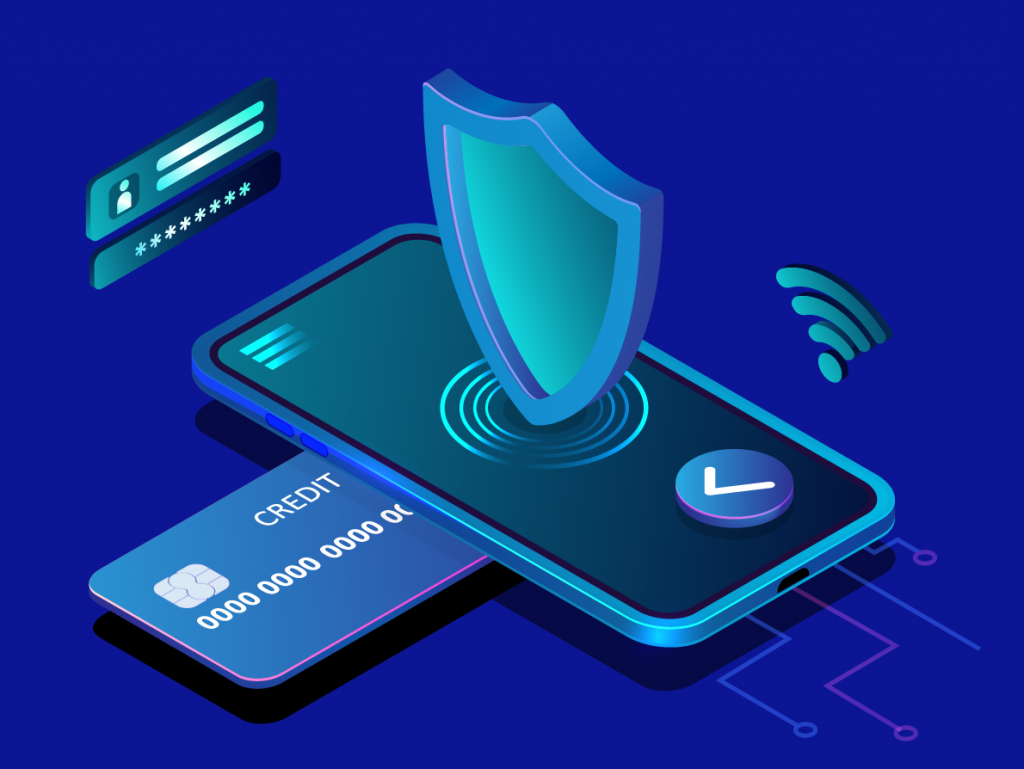In today’s digital landscape, where data breaches and unauthorized access are constant threats, businesses and individuals alike must prioritize robust security measures. Proxy detection tests play a crucial role in this defense strategy, helping to identify and prevent unauthorized access attempts through proxy servers. Proxy servers act as intermediaries between users and the internet. While they serve legitimate purposes such as enhancing privacy and bypassing geo-restrictions, they can also be exploited by malicious actors seeking to conceal their identity and location while accessing sensitive information or conducting malicious activities. This is where proxy detection tests come into play.
Identifying Proxy Connections – The primary function of a proxy detection test is to identify connections originating from proxy servers. These tests analyze various aspects of incoming connections, such as IP addresses, network behavior, and metadata, to determine if they are likely to be proxy-based. By flagging such connections, organizations can scrutinize them further to ensure they are legitimate.

Preventing Fraudulent Activities – Proxy servers are often used in fraudulent activities such as account takeover attacks, credit card fraud, and malicious bot activities. By integrating proxy detection tests into their security infrastructure, businesses can block or closely monitor connections from proxies, reducing the risk of fraud and unauthorized access attempts.
Enhancing Geolocation Accuracy – One challenge businesses face is accurately determining the geolocation of incoming connections, especially when users utilize proxies to mask their actual location. Proxy detection tests help improve geolocation accuracy by distinguishing between genuine connections and those routed through proxies, ensuring that security policies and access controls are applied correctly based on the user’s true location and check if IP is Spam.
Mitigating Security Threats – Proxy servers can serve as entry points for various security threats, including malware distribution, phishing attacks, and data exfiltration. By implementing proxy detection tests, organizations can proactively identify and block suspicious proxy-based connections, reducing the surface area for potential security breaches.
Compliance and Regulatory Requirements – Many industries, such as finance, healthcare, and e-commerce, are subject to stringent compliance and regulatory standards regarding data protection and privacy. Proxy detection tests help businesses comply with these requirements by strengthening their defense against unauthorized access attempts and ensuring that sensitive data remains secure and confidential.
Adapting to Evolving Threats – Cyber threats are constantly evolving, with attackers employing sophisticated techniques to bypass traditional security measures. Proxy detection tests evolve alongside these threats, leveraging advanced algorithms and machine learning capabilities to detect anomalies and patterns indicative of proxy usage, thereby staying ahead of malicious actors.
Proxy detection tests are indispensable tools in defending against unauthorized access and safeguarding sensitive data. By accurately identifying proxy connections, preventing fraudulent activities, enhancing geolocation accuracy, mitigating security threats, ensuring compliance, and adapting to evolving threats, businesses can bolster their cyber security posture and maintain the trust of their customers and stakeholders in an increasingly digital world.
